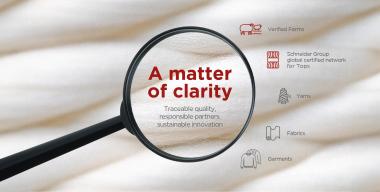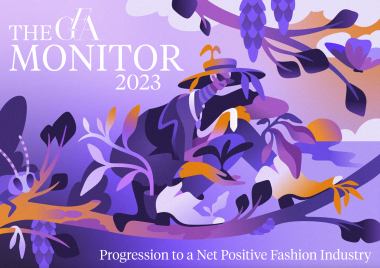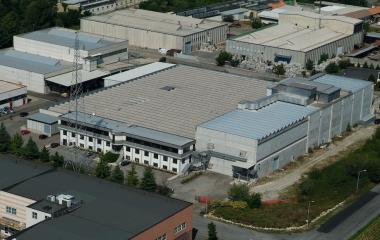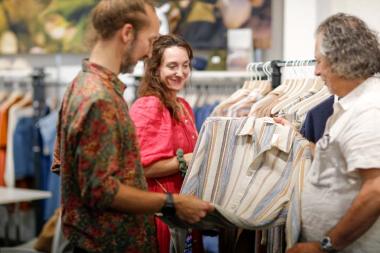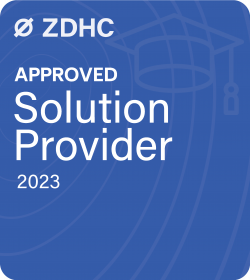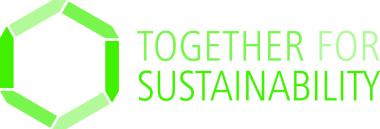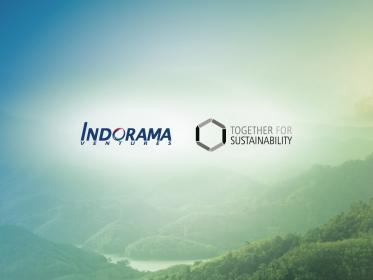Schneider Group launches brand: Authentico® by Schneider Group
The Schneider Group officially launches Authentico® by Schneider Group, a brand that stands for a transparent, verified, traceable, ethical and high-quality wool supply chain. It aims to be recognised as a global brand that enables the fashion industry, together with end-consumers, to choose new levels of premium quality comprising fully traceable and responsible wool, in compliance with a carefully structured approach that verifies, traces and brands the sourcing and manufacturing processes throughout the whole supply chain. Authentico® is based on the Schneider Group global certified network.
To achieve these goals, the Schneider Group has created the Authentico® Verification System, a simple and reliable way to provide criteria and guidelines for all Authentico® supply chain partners including:
- Authentico® Integrity Scheme, best practices for growers’ implementation at farm level. Animal welfare is at the heart of the Authentico® Integrity scheme, together with being mulesing-free, in accordance with The Five Domains. But the scheme goes further and encompasses also land and pasture management and social responsibility. The wool is sourced from carefully selected and highly committed growers, who apply best practices and choose to subscribe to the dedicated Authentico® platform. The selected fibres are processed into tops in the Schneider Group’s own mills located on several continents, which are directly operated and fully certified.
- Authentico® Brand Guidelines, for all other supply chain players (from spinners, weavers and knitters to garment makers, brands and retailers), that include precise criteria set by the Schneider Group to ensure alignment with Authentico® brand values.
In addition, the Schneider Group incorporates the traceability platform TextileGenesis™ within its Authentico® Verification System, to digitally track all incoming and outgoing wool.
The group has developed a marketing & communication plan to support its Authentico® brand. Upcoming events where Authentico® will be featured are: Pitti Filati in June, Milano Unica in July, the Natural Fibre Connect (NFC) in Biella in mid-September and the Textile Exchange Conference at the end of October in Pasadena.
Schneider Group / C.L.A.S.S. Eco Hub


